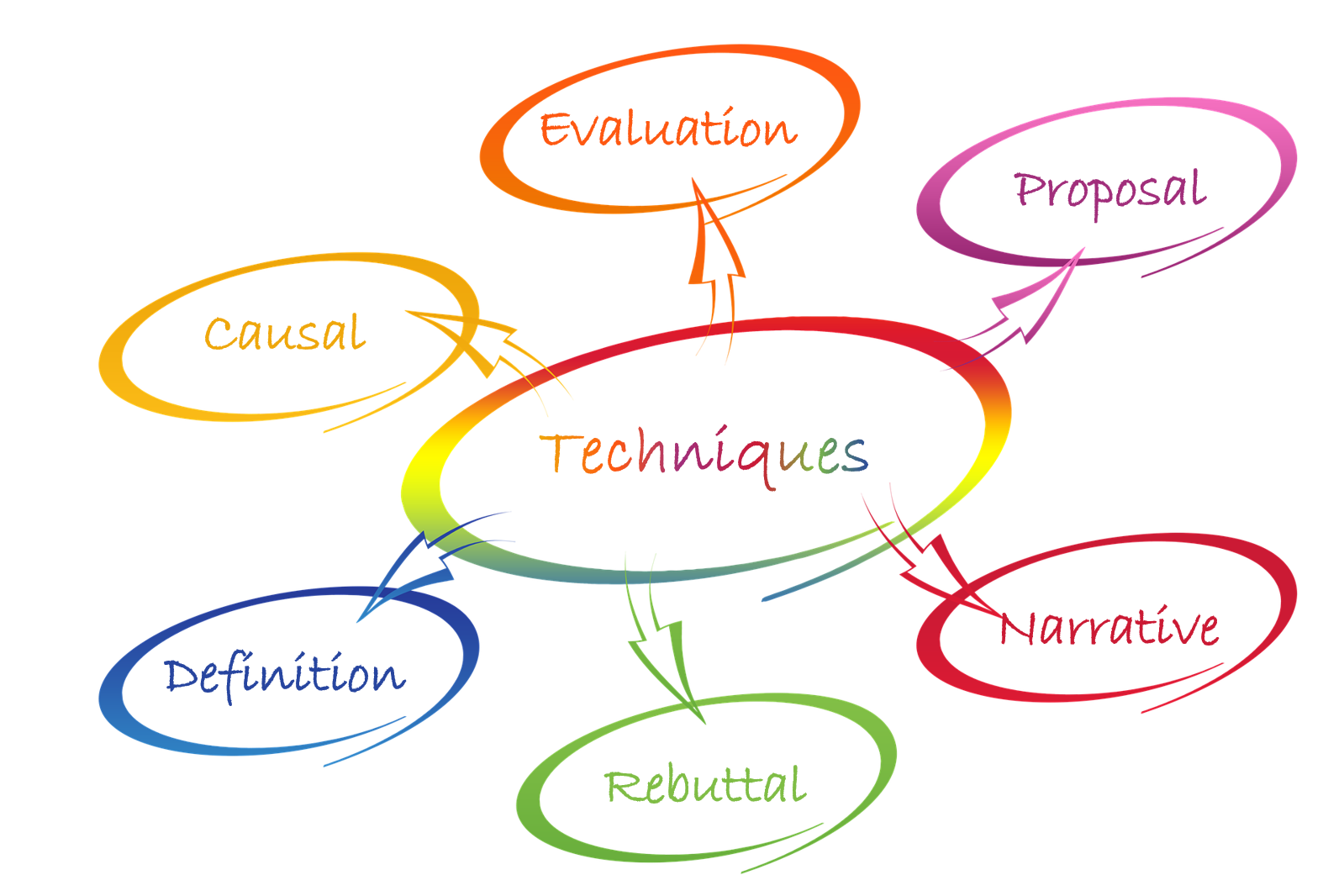 When your professor asks you to write an argumentative essay, you’ll often be given something specific to write about. For example, you may be asked to take a stand on an issue you have been discussing in class. Perhaps, in your education class, you would be asked to write about standardized testing in public schools. Or, in your literature class, you might be asked to argue the effects of protest literature on public policy in the United States.
When your professor asks you to write an argumentative essay, you’ll often be given something specific to write about. For example, you may be asked to take a stand on an issue you have been discussing in class. Perhaps, in your education class, you would be asked to write about standardized testing in public schools. Or, in your literature class, you might be asked to argue the effects of protest literature on public policy in the United States.
However, there are times when you’ll be given a choice of topics. You might even be asked to write an argumentative essay on any topic related to your field of study or a topic you feel that is important personally.
Whatever the case, having some knowledge of some basic argumentative techniques or strategies will be helpful as you write.
Causal Arguments
In this type of argument, you argue that something has caused something else. For example, you might explore the causes of the decline of large mammals in the world’s ocean and make a case for your cause.
Evaluation Arguments
In this type of argument, you make an argumentative evaluation of something as “good” or “bad,” but you need to establish the criteria for “good” or “bad.” For example, you might evaluate a children’s book for your education class, but you would need to establish clear criteria for your evaluation for your audience.
Proposal Arguments
In this type of argument, you must propose a solution to a problem. First, you must establish a clear problem and then propose a specific solution to that problem. For example, you might argue for a proposal that would increase retention rates at your college.
Narrative Arguments
In this type of argument, you make your case by telling a story with a clear point related to your argument. For example, you might write a narrative about your experiences with standardized testing in order to make a case for reform.
Rebuttal Arguments
In a rebuttal argument, you build your case around refuting an idea or ideas that have come before. In other words, your starting point is to challenge the ideas of the past.
Definition Arguments
In this type of argument, you use a definition as the starting point for making your case. For example, in a definition argument, you might argue that NCAA basketball players should be defined as professional players and, therefore, should be paid.
